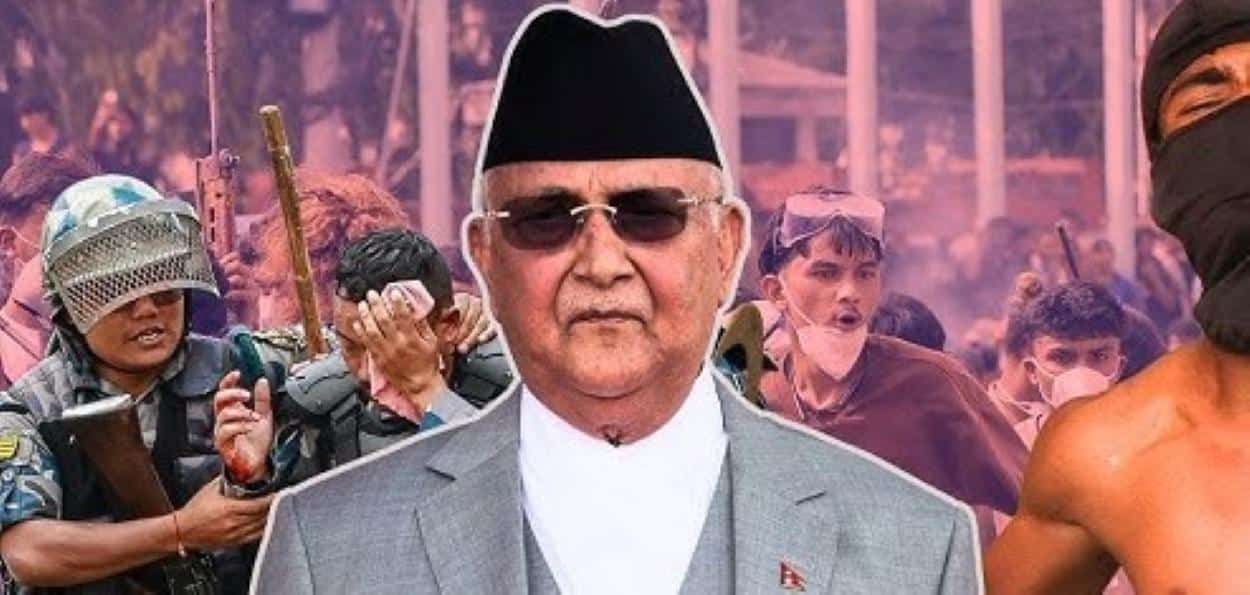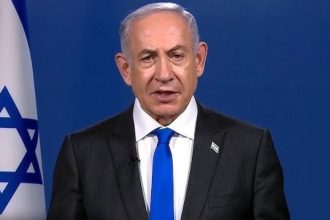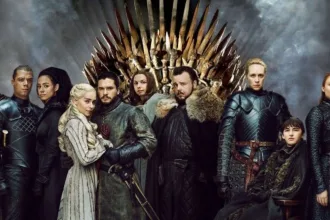Rajyalaxmi Chitrakar, wife of former Nepal Prime Minister Jhalanath Khanal, died after protesters set her home on fire in Dallu, Kathmandu. Family members said demonstrators trapped her inside before starting the fire. She was taken to Kirtipur Burn Hospital with severe burns to her body and lungs. Sadly, she died during treatment, according to Indian media.
The tragedy happened during the second day of violent protests led by Gen Z activists. These protests grew from anger over corruption, unemployment, and a short government social media ban. The ban was lifted on September 8, but unrest continued. Protesters set fire to key buildings, including the Parliament and homes of leaders like President Ram Chandra Paudel, Prime Minister KP Sharma Oli, and former premiers Pushpa Kamal Dahal and Sher Bahadur Deuba. Some unverified reports also mentioned an attack on Finance Minister Bishnu Paudel.
BRUTAL FOOTAGE: Rajyalaxmi Chitrakar — wife of Nepal’s ex-PM Khanal — BURNT alive
Set ablaze inside her own residence
She died in the FLAMES https://t.co/Le1qGO1f2J pic.twitter.com/6A54eOOJDS
— RT (@RT_com) September 9, 2025The protests on September 8 resulted in 19 deaths and over 100 injuries. Military helicopters rescued some officials. Kathmandu’s main airport stayed open, but smoke from nearby fires caused flight cancellations, said airport spokesman Rinji Sherpa.
Oli resigned on September 9 after talks with the Nepal Army Chief. In his resignation letter to President Paudel, Oli said he stepped down to help “resolve the crisis politically.” Paudel accepted and began talks to appoint a new leader. He urged all parties to stay calm. India’s Prime Minister Narendra Modi and UN rights chief Volker Turk also called for peace and dialogue. Yet, protests went on.
Read: Nepal PM KP Sharma Oli Resigns Amid Deadly Protests Over Corruption
The unrest, called a “Gen Z movement,” shows deep frustration among Nepal’s youth. They are upset about poor governance and the economy. Protesters set fire to the Kantipur Media Group headquarters. Reporters Without Borders asked protesters to spare journalists. The International Crisis Group called this a real turning point for Nepal’s democracy, which has faced issues since the monarchy ended in 2008.
Chitrakar’s death highlights how serious the crisis in Nepal has become. Young people want change, but the violence has made political instability worse. The world watches closely, hoping for peace and reform.






